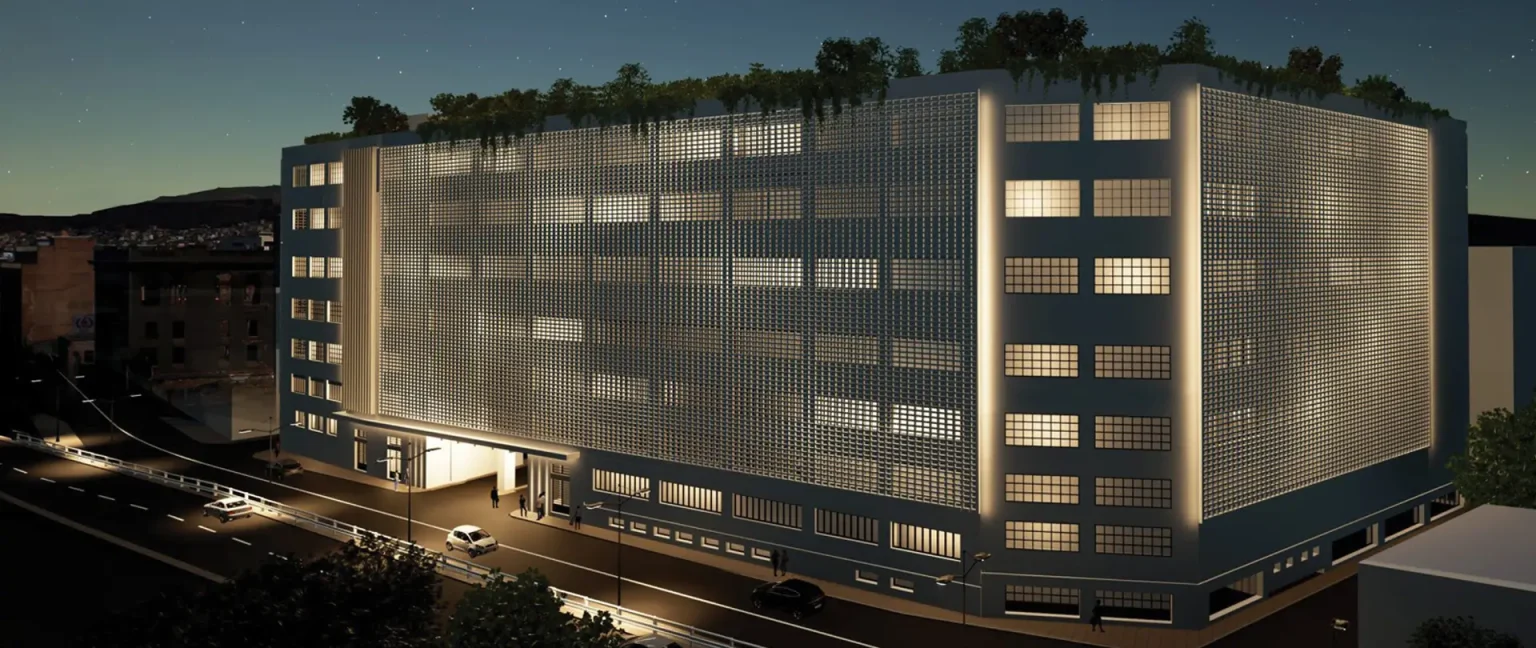Portugal’s New Citizenship Law has been unexpectedly paused. The Socialist Party has sent the reform to the Constitutional Court, triggering an automatic freeze. For now, the 5-year rule remains fully valid and residency rights stay unchanged.
The proposed nationality law has several issues may constitute unconstitutional.
- potential breaches of the principle of equality,
- erosion of legitimate expectations under the principle of trust,
- lack of a transitional regime, and the
- controversial clause allowing loss of nationality for criminal convictions.
- No transitional provisions or protection to current applicants.
For example, serious concerns with stripping of citizenship for naturalised citizens convicted of any of a long list of crimes. Secondly a child born in Portugal born to foreign parents may be forced to wait 10+ years for citizenship.
On November 13, The Socialist Party (PS) announced that it would send the law to the Constitutional Court for preventive review before it reaches the President. This mechanism, rarely used in Portugal, results in the law being automatically suspended. At this stage, the law:
- cannot be signed,
- cannot be published,
- and cannot enter into force.
The Constitutional Court has 25 days to analyse the law and, three outcomes are possible:
- Unconstitutionality: Parliament must amend or remove the relevant provisions. President Marcelo will Veto the bill
- Full approval: If the judges green-light the bill, the President must decide whether to promulgate immediately or send it back to Parliament for political reasons. The law may enter into force if signed.
- Partial revision: Only specific sections would require modification.
Until the court rules, existing rules—5 years of legal residence and more generous jus soli—remain in force. Portuguese Lawyers report a surge in clients rushing to lodge applications before any stricter criteria take effect.





















